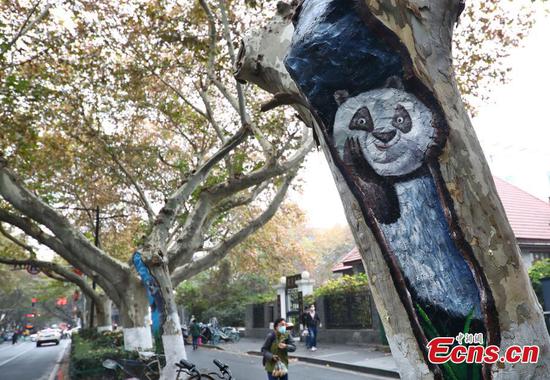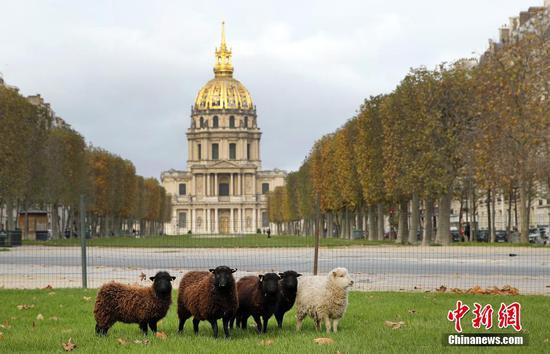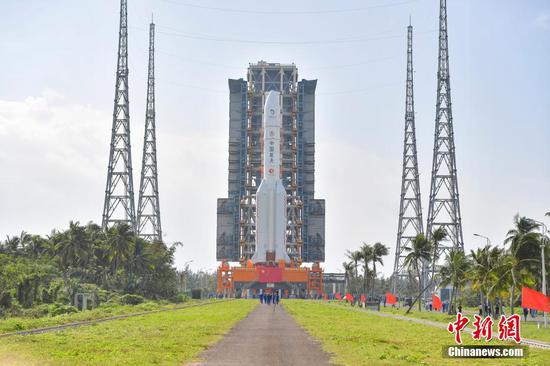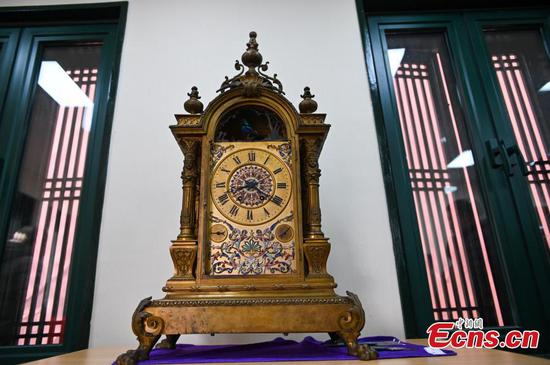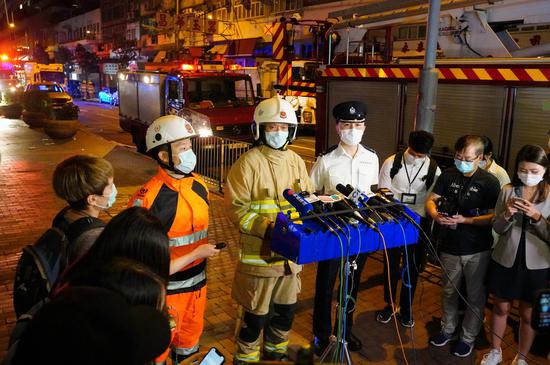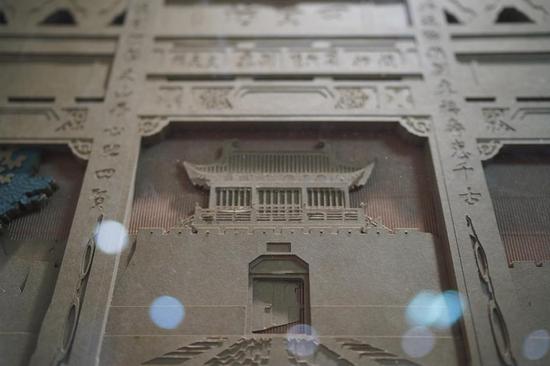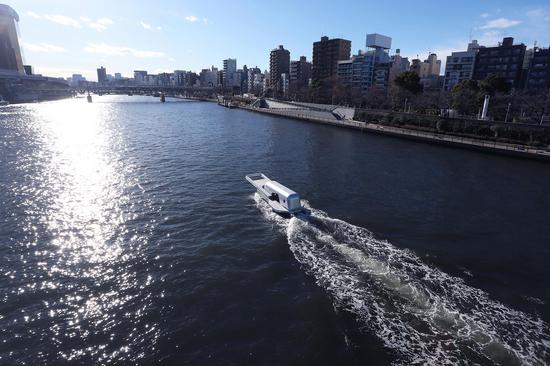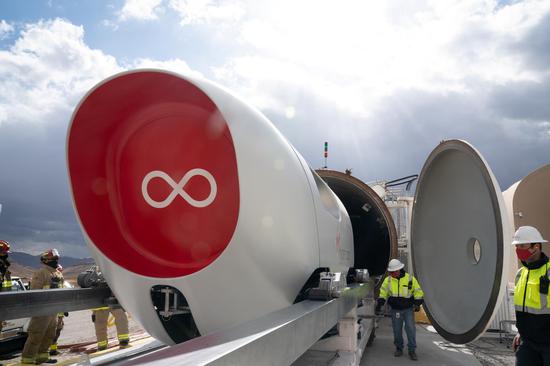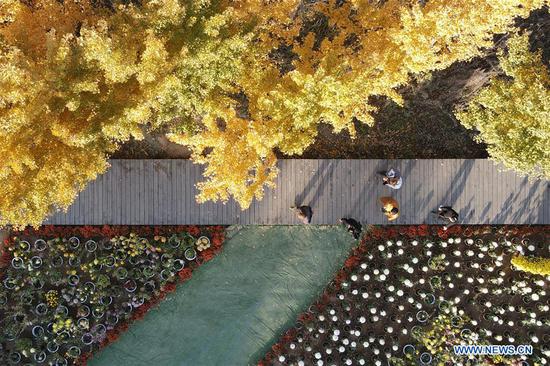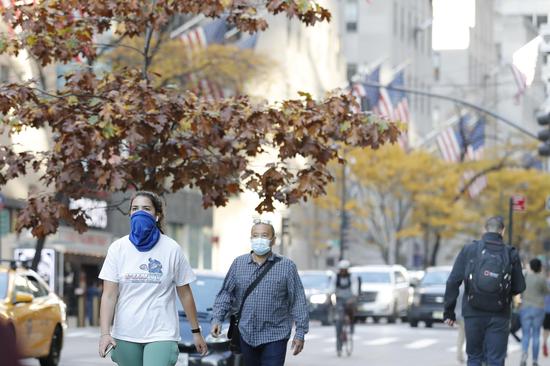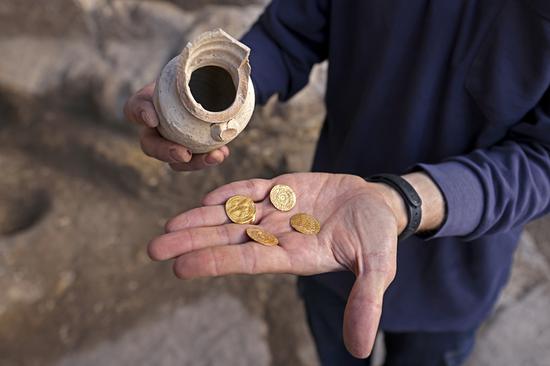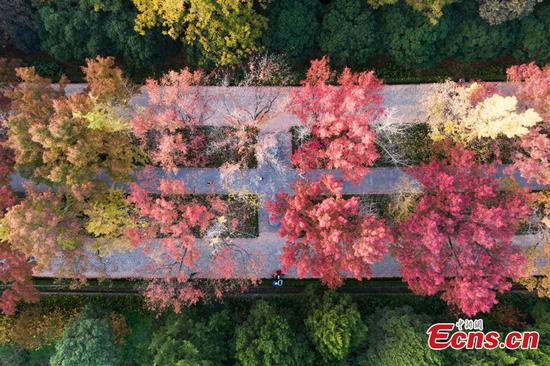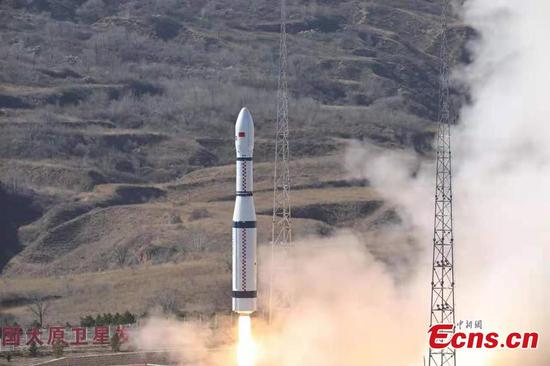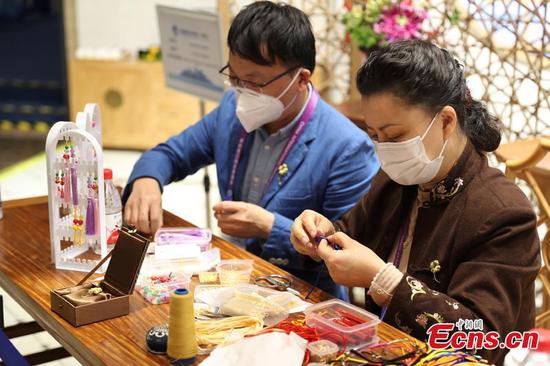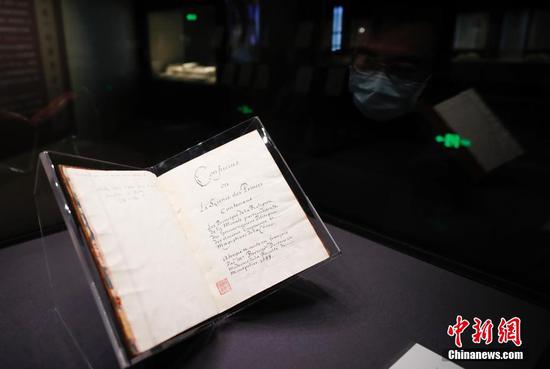It is "completely untrue" to say that "thousands of mosques and other religious sites in Northwest China's Xinjiang Uygur Autonomous Region have been destroyed or permanently closed down," senior officials in Xinjiang said at a press conference on Wednesday in answer to questions from foreign media.
Xinjiang has never "destroyed" or "forcibly demolished" religious sites. Instead, it has taken a series of measures to protect them. Religious sites are in normal use, Elijan Anayit, spokesperson of the information office of the Xinjiang regional government, said.
Elijan made the response to questions raised by Bloomberg which attended the Wednesday press conference via video link.
In response to Bloomberg's question on the number of people in Xinjiang's vocational education and training centers every year from 2017 to 2020, Elijan said that the number of trainees at the centers was dynamic.
On December 9, 2019, the press conference on the stable development of Xinjiang announced that all the trainees for "national universal language and words, legal knowledge, vocational techniques and de-extremity" have completed their studies, gained stable jobs and are enjoying normal lives.
Tokyo Broadcasting System from Japan raised a question on some EU officials' proposals for an "independent investigation" into Xinjiang.
Elijan said that Xinjiang is an open place and the region has received more than 1,000 foreign officials from 100 countries and regions.
"We welcome friends from all over the world, including the EU officials to visit Xinjiang… we are opposed to any investigation based on the presumption of guilt and against anyone looking at Xinjiang through a biased lens," said the spokesperson.
Antara News from Indonesia asked questions on the sudden spike of COVID-19 infections in the city of Kashi.
Mutalip Rouz, director of the Xinjiang regional health commission, told the press conference that Xinjiang has taken a series of measures to control the sudden spike. Between October 24 to November17, a total of 70 COVID-19 patients were discharged from hospital, and 286 asymptomatic patients were released from medical observation.
In response to a question on whether Muslims in Xinjiang "are allowed" to go on a pilgrimage to Mecca, Saudi Arabia, next year, Elijan said that from 1996 to 2019, the Islamic Association of China has organized more than 50,000 Xinjiang Muslims to fly on charter flights arranged by the government to Mecca, as well as provided medical treatment, translation and other services from the government.
Due to the ongoing COVID-19 pandemic, the Islamic Association of China suspended the 2020 pilgrimage. The Association will decide whether the pilgrimage can go ahead in 2021.
"Next year, we will do a good job for the pilgrimage according to the organization of the Islamic Association of China if conditions permit," the spokesperson said.











